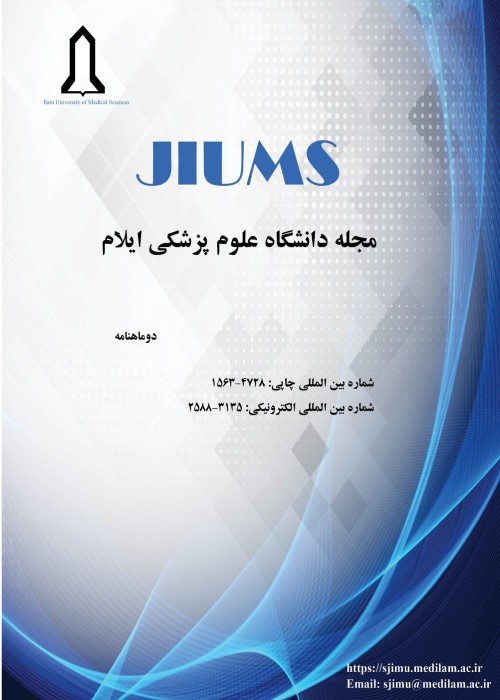Application of Data Mining Techniques in Determining the Accuracy of the Models Predicting the Student Academic failure
Student academic failure is one of the shortcomings of higher education system. A system with the ability to predict and prevent the academic failure can play a decisive role in enhancing the quality of education. The utilization of educational data mining is one of the most effective strategies in monitoring and improving the quality of education. This study aimed to compare different data mining techniques in order to determine the best prediction model.
The study population consists of all undergraduate students studying Medical Laboratory Sciences, Health Information Technology Management, and Radiation Sciences Technology in Tehran University of Medical Sciences, Tehran, Iran in the academic year of 2018-2019. In total, 500 were selected to participate in this study. After administering and excluding the invalid questionnaires, 153, 85, and 73 questionnaires from the students of Medical Laboratory Sciences, Health Information Technology Management, and Radiation Sciences Technology were analyzed, respectively. The data were collected using students' academic failure questionnaire with a reliability Cronbach's alpha coefficient of 0.971 and confirmed content validity by experts. Furthermore, the data were analyzed in SPSS (version 16), SmartPLS 3, and SPSS-Modeler (Clementine) (version 18) software through logistic regression, decision tree, neural network, Bayesian network, and the support vector machine algorithms.
The results showed a significant difference among the majors in terms of the level of academic failure (P=0.046). Regarding the Medical Laboratory Sciences, the descending order of the accuracy of the data prediction model using each algorithm includes decision tree and Bayesian network, support vector machine, neural network, and logistic regression. In addition, considering the Health Information Technology Management and Radiation Sciences Technology, the best prediction models were Bayesian Network, Support Vector Machine, Neural Network, and logistic regression in a descending order. It is worth mentioning that the decision tree algorithm had no answer. Furthermore, the Chi-square test showed a statistically significant difference among the students of Medical Laboratory Sciences (0.88), Health Information Technology Management (0.001), and Radiation Science Technology (0.000) regarding the obtained algorithms.
The results indicated that the logistic regression model had less predictive power in real data, compared to the network models. Therefore, the appropriate data prediction algorithm must be explored in any dataset. Predictive algorithms are well capable to predict academic failure in all three majors at the departments of allied medical sciences. Moreover, it can be used for medical and allied medical science students to identify students at the risk of failing to take preventive measures.
- حق عضویت دریافتی صرف حمایت از نشریات عضو و نگهداری، تکمیل و توسعه مگیران میشود.
- پرداخت حق اشتراک و دانلود مقالات اجازه بازنشر آن در سایر رسانههای چاپی و دیجیتال را به کاربر نمیدهد.




